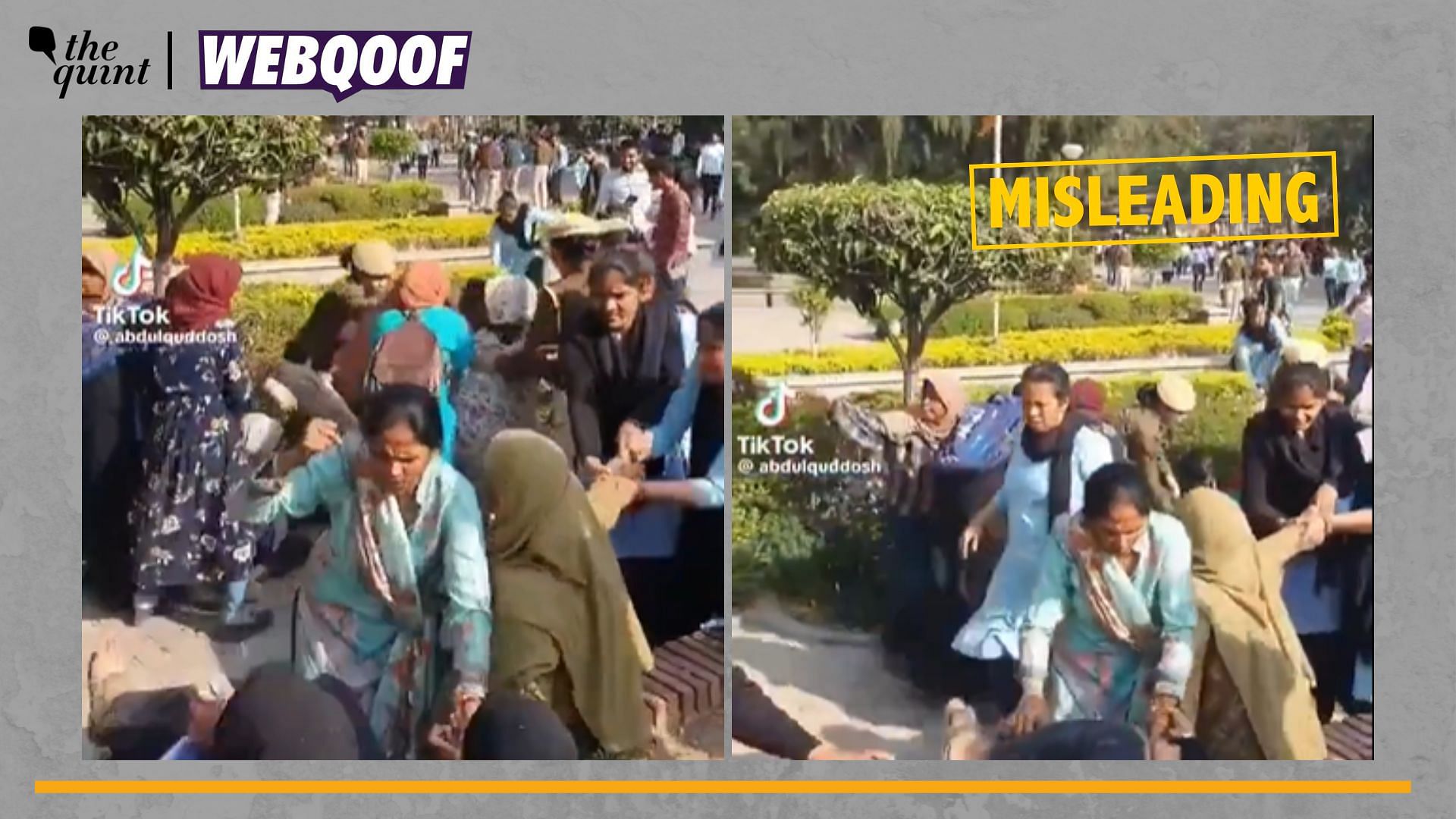The Andhra Pradesh Crime Investigation Department (AP CID) urged the court on Friday (December 22) to allow it to arrest Telugu Desam Party (TDP) General Secretary Nara Lokesh, an accused number 14 in the alleged Amaravati Inner Ring Road (IRR) case, for violating the conditions prescribed in a notice served under section 41A in September 29.
The CID has filed a petition at the Court of Special Judge for SPE & ACB Cases - cum III Additional Sessions Judge in Vijayawada on Friday, explaining that Mr. Lokesh violated the conditions during his interviews with certain vernacular Telugu news channels on the occasion of completing his Yuva Galam Padayatra, a couple of days back.
The CID submitted to the court that, on September 27, Mr. Lokesh had filed a petition seeking anticipatory bail before the High Court, which was closed by the Court at the stage of admission as the Investigating Agency contemplated issuing the notice under section 41A CrPC to him asking him to join the investigation as required. Later, as per the summons issued by the CID, Mr. Lokesh attended the investigation for a couple of days. The CID maintained that it served the 41A notice with certain conditions, which he violated now during his interviews with the TV channels.
The CID informed the court that, Mr. Lokesh specifically violated a condition that reads, “You will not make any threat, inducement, or promise to any person acquainted with the facts of the case so as to dissuade him from disclosing, such facts to the court or to the police officer”.
The CID further alleged that Mr. Lokesh deliberately and consciously made the statements in multiple interviews given to the news TV channels, with the objective of intimidating the witnesses. He more specifically targeted the official witnesses who deposed under section 164 CrPC., against Mr. Nara Chandrababu Naidu, who is his father, a co-accused in the case, the CID alleged.
This is aimed at intimidating the key official witnesses with the threat of persecution, in case of change in the party in the power in the coming elections and to cause them to cease cooperating with the investigation, the CID added.
In addition to that, the CID also brought to the court’s notice that, Mr. Lokesh made contemptuous remarks against the Courts, by repeatedly stating that the remand of Mr. Chandrababu Naidu for 53 days happened by management of the institutions by the government. The remand was a judicial process and therefore, these comments were aimed at the courts, with effect of diminishing the prestige of the judicial institutions in the eyes of the people, it maintained.
The CID also pointed out that, Mr. Lokesh cited maintaining a Red book and that the officers who were mentioned in the Red book would face judicial enquiries, termination from service and imprisonment. This is aimed at intimidating the police officers involved in discharging the legitimate duties of investigating the cases against Mr. Chandrababu Naidu and Mr. Lokesh, the CID informed the court.
Explaining all these, the CID asked the court to issue orders to arrest Mr. Lokesh as he failed to comply with the terms of the notice issued under section 41A CrPC. on September 29, in which it was clearly mentioned that the failure to attend or comply with the terms of the notice can render him liable for arrest under section 41A(3) and (4).

 4 months ago
52
4 months ago
52



